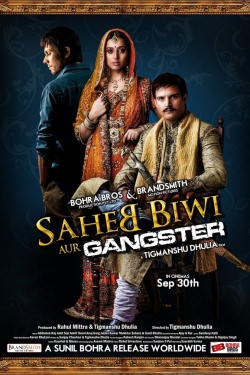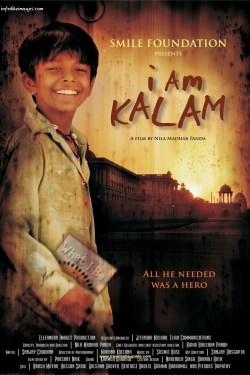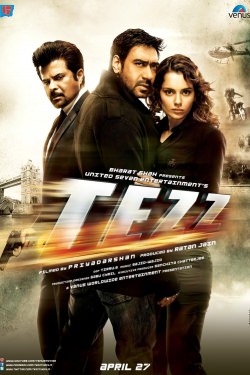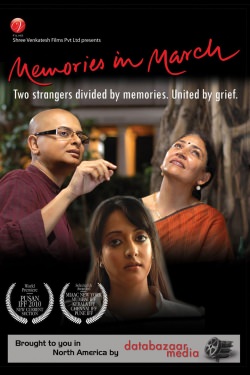Top Rated Films
Shaikh Ayaz's Film Reviews
-
In truth, the film is full of Hollywood-style car chases amidst a long-running game of cat and mouse between Anil Kapoor and Ajay Devgn. Tezz is fast and lives up to its title, but it is also its title that gives away its source — Jan de Bont’s 1994 thriller Speed. That was an excellent film and though Tezz may not be as good as that, it doesn’t make too many demands on your time. And that’s not such a bad thing at all.
-
Anchored in the David Dhawan-style of filmmaking, director Rumy Jafry turns a new leaf in this career with Gali Gali Chor Hai, in which he casts a satirical eye on the pressing social concern of our times — the common man in the grip of corruption.
-
Saheb Biwi Aur Gangster is made with the production values of the 90s. Such films ought to create a sense of mystique, if not larger-than-lifeness. Maqbool was classy because Bhardwaj made excellent use of mood and setting, and took his time to introduce elements into the plot.
-
Sahi Dhandhe Galat Bande, on its own merit, blends the moodiness of Yeh Saali Zindagi and visuals of Khosla Ka Ghosla, a film that Parvin acted in but wish had picked a few chops from.
-
In the end, what contributes to I Am Kalam immensely is its metaphor of Kalam, the scientist with an almost magical ability to bind people, especially children. Kalam today stands for education, poverty and above all, an abiding love for children, in much the same way Nehru once did. If socialist films were dubbed Nehruvian, would those with child protagonists working their way through life for higher goals and purposes in a brave, new future-time be hailed as Kalamian?
-
To be fair, Pyaar Ka Punchnama is half-way funny but soon descends into a running commentary on why relationships with women are impossible and eventually wends its way to a very implausible end. It could have definitely done with some editing.
If it were crisper, with more thought put into its script, situations and dialogue, Pyaar Ka Punchnama would have made the cut.
-
Wonder what was going on in Anupam Kher’s head to agree to act in it. Shouldn’t we, instead, just get nostalgic watching Kher’s infinitely better act as an alcoholic father to Pooja Bhatt in the 1989 flick Daddy?
-
Decades after The 400 Blows wowed cineastes, Truffaut reflected, “Cinema is not a sad imitation of life. It’s an improvement on life.” What Sagar Ballary failed in, is making Kaccha Limboo into a film that could improve his material sourced from life. Perhaps, his own.
-
It’s a tragedy that it limits itself to mediocrity. And that, in times when we as a nation are suffering from cinematic crunch, should mean a lot.
























